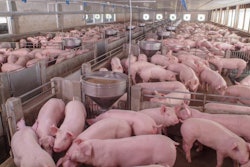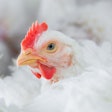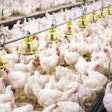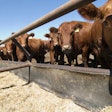
A friend of mine wants to buy a robotic milking machine because he is gadget friendly and enjoys new technology. The size of his milk cow herd is not large enough to justify such expense, but he is going to do it, just because he wants to. He is justifying it with several excuses, but he knows it is something he wants, not something he needs.
One would think such an approach would ruin his enterprise, but it will not. The reason is simple: He supports his dairy business with money from his day job. So, in the end, the dairy is but an expensive hobby, which he enjoys very much, and rightly so.
But that is just one isolated case in which the farm business is a hobby. Lamentably, this attitude holds true even for real commercial enterprises. It is very rare that a new gadget is bought because it is needed and not because it is wanted. It is about the “new-and-shiny syndrome” that we all suffer from, often to the detriment of our own pocket (profitability). And it is not just gadgets, but every other supply that becomes available. Today, we have tractors that require no driver, but do we need such luxury unless we have the number of hectares required for it to work efficiently and accurately?
And, to get even closer to my own industry, that of animal nutrition, I can attest to the use of all kinds of nutritional supplements without a thorough investigation. Do we really need a mycotoxin binder when there are no real threats from mycotoxins? Some say better safe than sorry, but is that not true also when it comes to profitability? And, of course, mycotoxin binders are just an easy victim here for the purposes of an example. I can attest to high lysine rations being fed just to make sure animals perform well, when these same animals cannot perform well because they suffer from subpar health. Examples abound.

















